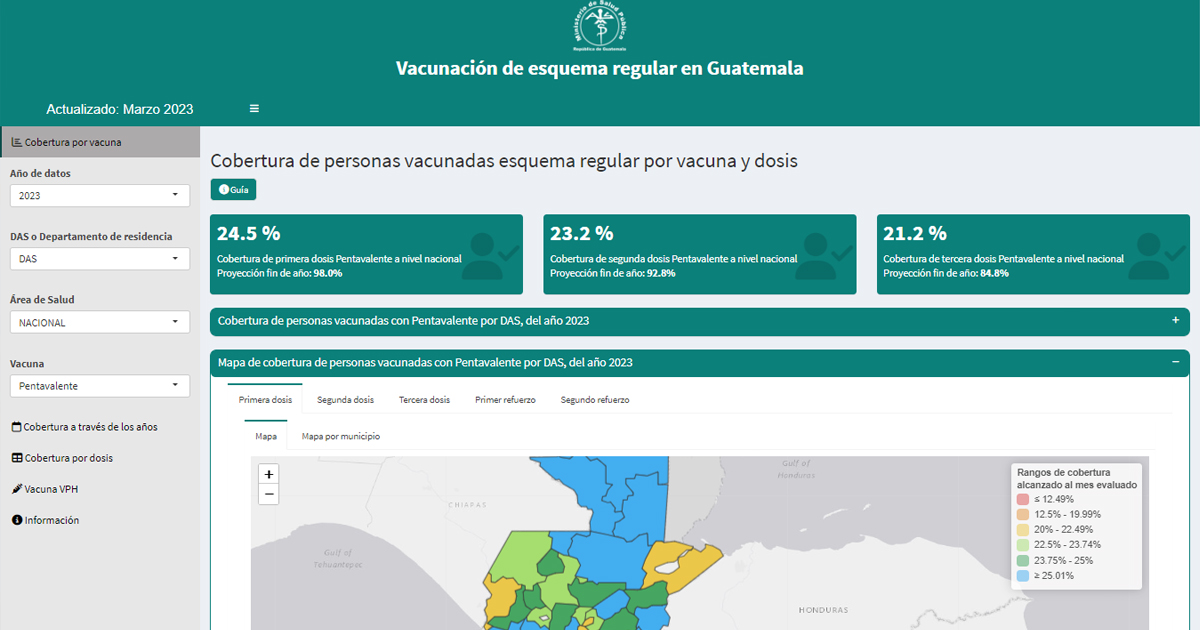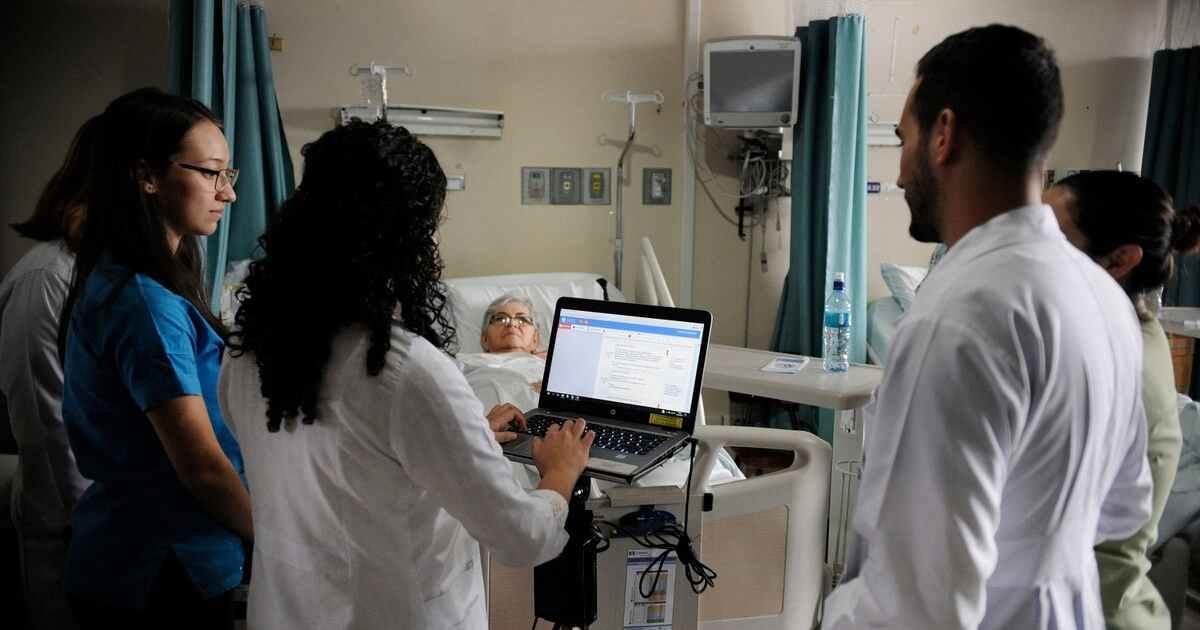Nature published in npj Digital Medicine, the article titled: The state of artificial intelligence-based FDA-approved medical devices and algorithms: an online database.
Artificial Intelligence (AI) and machine learning (ML) or machine learning are shown as tools that help within the diagnosis, management and treatment of diseases. However, there are several obstacles that prevent the implementation of these technologies in the clinical field. In this study, the authors showed the importance of regulatory bodies in determining whether a device is based on AI or ML, specifically in the United States.

The study shows that from 2012 to 2020, the Food and Drug Administration (FDA) approved 64 AI/ML-based devices or algorithms, of which only 29 mention their relationships with AI or ML verbatim, according to the FDA's official report. Most of these technologies (85.9%) they were approved with a 510(k) authorization, pre-marketing notification, a procedure based on equivalence with the medical device to be evaluated and at least one other technology for the same purpose and comparable technical characteristics already on the market.
On the other hand, only 1.6%, i.e. just one of the 64 technologies, received Premarket Approval (PMA), a scientific and regulatory review process for assessing the safety and efficacy of a Class III medical device, those that support or maintain human life.
In addition, all 64 devices were classified as follows: 30 in the field of radiology, 16 in cardiology and 10 in internal medicine. Once classified they were added to the database, they mentioned will be constantly updated.
The paper also provides a review of scientific articles and studies addressing the topic of medical-related AI and/or ML, which grew rapidly, as the number of life sciences articles on these topics in 2010 was 596 and by 2019 more than 12 thousand were published.
These innovations have proven useful in supporting various medical specialties in decision-making, and it gives examples various studies of how ML techniques can reduce treatment adherence time or customize insulin doses.
The study only analyzed regulated devices, considering that companies have to exaggerate in the use of the terms AI and ML, to receive greater investments. They further mention that “the FDA has shown leadership regarding the adoption of AI/ML-based medical technologies, with a specific framework for AI/ML-based algorithms, we chose it as an example for further analysis.” In addition, the authors celebrate the scope of the database even though there is no other database on AI and ML for medical purposes and also approved by the FDA.
The authors noted the following reflection on the use of new technologies in health: “Despite the increasingly available AI/ML-based medical solutions on the market, there remains the factor of adopting those very solutions. The challenge to adopting these in the medical practice can be attributed to hindrances due to regulatory frameworks and trust issues with new technologies from both the physicians and patients’ side.” They believe that a paradigm shift is needed for the implementation of new technologies in health systems, an issue in which regulatory bodies such as the FDA play a key role.






